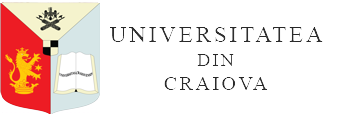ASSESSMENT OF CYTOTOXICITY OF A CAFFEINATED SOFT DRINK USING ALLIUM ASSAY
DOI:
https://doi.org/10.52846/aamc.v52i1.1312Abstract
One of the most consumed caffeinated soft drinks by millions of people globally is Coca-Cola. For healthy adults, caffeine consumption is relatively safe, but for some vulnerable populations, caffeine consumption could be harmful. Therefore, we considered this cytogenetic study to be appropriate for assessment of cytotoxicity effects of Coca-Cola in meristematic cells of plants, through Allium test. A. cepa has assayed to be one of the best model plants for standard use in cytological analysis of different toxins for their cytotoxicity and genotoxicity to plants and animals. The meristematic roots were treated with various concentrations of Coca-Cola (3, 5 and 10ml/cl) for 8 hours, at room temperature, along to an untreated control. It was found that Coca-Cola induced a strong cytogenotoxic effect in meristematic cells of A. cepa as the concentration of Coca-Cola was increased. The clastogenic and aneugenic effect of the tested product was manifested by the decrease of mitotic index (12.5-3.5%) and the occurrence of several types of chromosomal and nuclear abnormalities (12.6-23.2%): bridges, laggards, stickiness and disrupted nucleus. These results suggest that the caffeinated soft drinks can be harmful to health and their regular intake must be avoided. The problem can arises when the consumption is regularized in everyday life, as, unfortunately, many people do.


